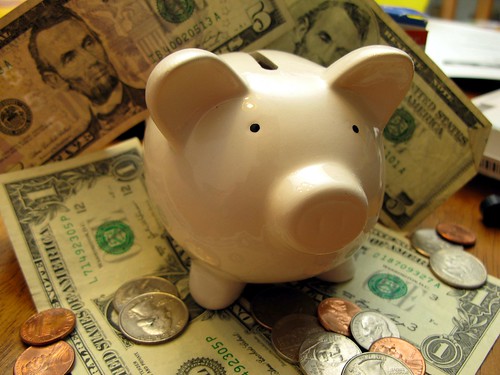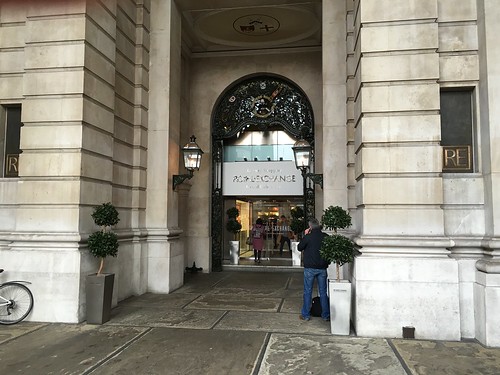Within the last 24 hours, there have been two stories that are causing the world markets to shudder.
The first involves Greece, which shut down its banks for six days to help them get a handle on their economy, as they’re about to default on their debt payments and could possibly be thrown out of the enrozone exchange.
The second involves Puerto Rico, which announced that it can’t pay its $72 billion debt. This one definitely hits closer to home since Puerto Rico is in essence part of the United States.
When we read about things like this, it makes us question our own economy and wonder just how safe our money is, especially the money that’s sitting in the bank. After all, if a country can shut down its banks, what do we do when we can’t access our money besides write checks and use credit cards?
This was a big issue back in the Depression era. Banks shut down and even the richest clients didn’t have access to their money. For many of them, the money no longer existed, and many people were suddenly broke.
That led to the passage of the Banking Act of 1933, which launched the FDIC, or the Federal Deposit Insurance Corporation. Its purpose was to offer insurance for banks by guaranteeing them access to at least $250,000 per bank within an organization. This means that if a banking system has 10 locations, each bank has at least that much for its consumers.
The FDIC protects around 6,700 institutions throughout the country, and because of them no depositor has lost money since the program began. Even banks that fail, which leads the federal government to take them over and try to find new owners, are granted enough money to protect consumers actual funds. This relieves a lot of stress on those of us with checking or savings accounts.
Not only that, but if you have invested in a bank plan that helps you grow your money, that’s protected as well under its own plan. So, if you have $250,000 in savings and another $100,000 in investments, you’re covered for all of it. However, if you have multiple checking accounts (which some businesses have), they would all be combined and only $250,000 would be guaranteed.
So, it’s not perfect, but it’s better than the alternative of not having access to your money at all.



